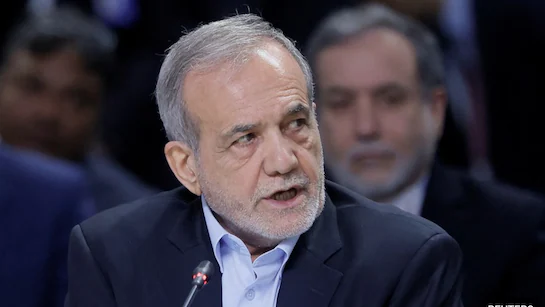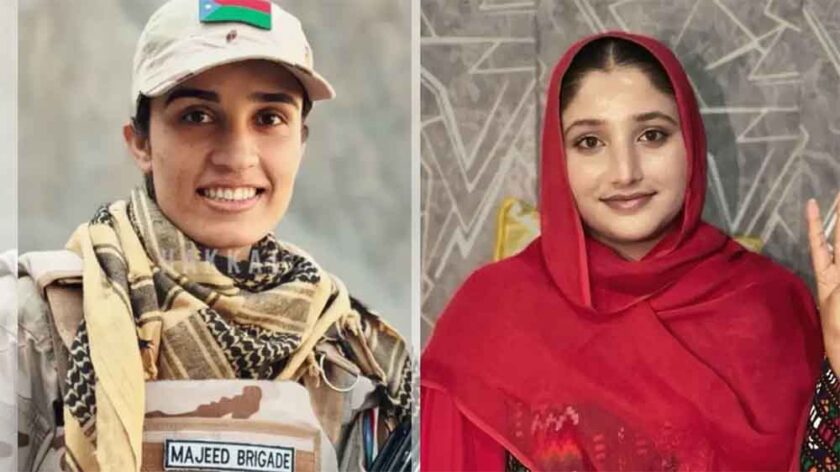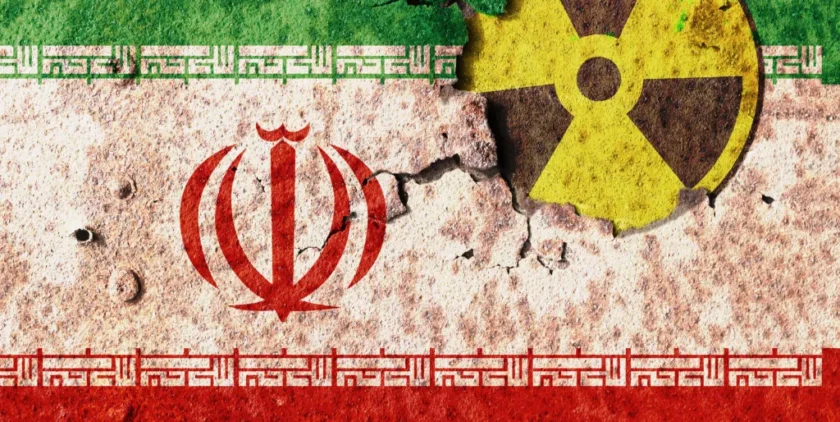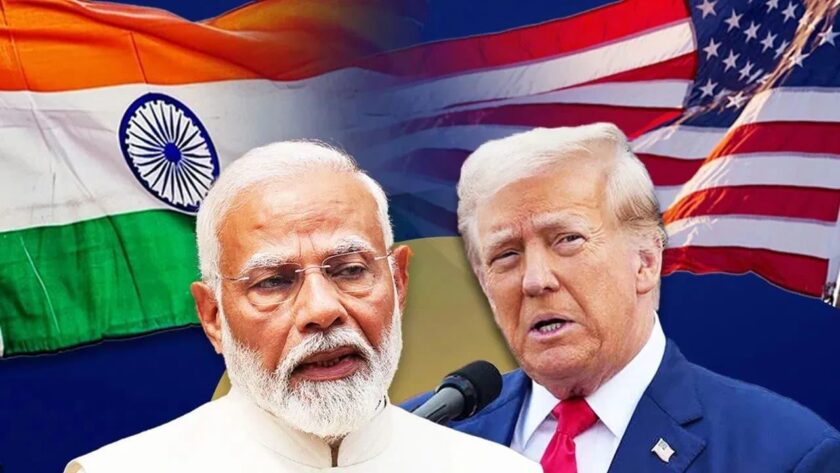Washington: Iranian President Dr. Masoud Pezeshkian was lightly injured in an Israeli airstrike that targeted a building in western Tehran on June 16, where a high-level meeting of Iran’s Supreme National Security Council was underway. The attack has now been confirmed by Iran’s semi-official Fars News Agency, which is affiliated with the Islamic Revolutionary Guard Corps (IRGC).
According to reports, several senior officials including Parliament Speaker Mohammad Bagher Ghalibaf, Chief Justice Gholam-Hossein Mohseni-Eje’i, and other top military and security figures were present at the time of the attack. President Pezeshkian sustained injuries to his leg, while others suffered minor wounds during the emergency evacuation.

The report claims six missiles were used in the strike, designed to mimic the style of attacks like the assassination of Hezbollah leader Hassan Nasrallah. The missiles targeted the building’s entry and exit points, causing destruction in the upper floors. However, all attendees survived due to their location on lower levels and the use of a pre-designated emergency exit route.
Suspicion of Insider Involvement
The precision of the missile strike has raised suspicions of an inside job. Iranian security agencies are investigating whether internal sources provided intelligence that enabled the attack’s accuracy. Speaking to journalist Tucker Carlson recently, President Pezeshkian stated, “They tried to kill me — yes, they tried, but they failed.”

Broader Context of Israeli-Iran Tensions
Israel has been accused of targeting several high-ranking Iranian military commanders and nuclear scientists in recent years. Among those reportedly killed are IRGC Commander Hossein Salami, Armed Forces Chief Mohammad Bagheri, and IRGC Aerospace Force Commander Amir Ali Hajizadeh.
Earlier reports had even suggested a failed Israeli plot to assassinate Iran’s Supreme Leader Ayatollah Ali Khamenei due to a lack of an opportune moment.
The recent strike marks a dangerous escalation in the shadow conflict between Israel and Iran, and comes amid heightened regional tensions and global scrutiny over covert military actions.









